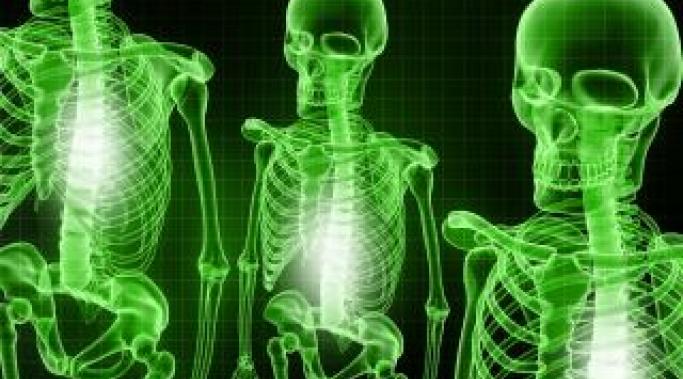For anyone who experiences dissociation as part of the posttraumatic stress disorder (PTSD), (and this includes me during my PTSD years) you know how frustrating, embarrassing and uncontrollable it can be. Reducing dissociation in PTSD is something we all want.
About PTSD
Enormous and consistent stress on a body will always be evidenced in maladies. Symptoms of posttraumatic stress disorder (PTSD) cause many physical changes that frequently create medical issues. In my own PTSD experience, I developed significant digestive, immune, bone, hair and liver problems. Now, new research suggests PTSD might also cause type 2 diabetes.
In my own recovery from posttrauamtic stress disorder (PTSD), I came to see PTSD symptoms as a trauma addiction and this affected my self-esteeem. Let me explain.
You change after trauma, but everyone else expects you to remain the same. Up until the day of your trauma (whether that was birth or any time afterward) the people around you have expectations for who you are, how you should behave, what you will and won’t do and that you will make choices in alignment with their agenda. The stress and pressure of these expectations can become enormously overwhelming – especially over the holidays.
After trauma, there's a need for life to feel safe and in control. Sometimes, we put in place really good and healthy habits that help the transition from trauma to life afterward. Other times, it's easy to slip into habits, cycles and patterns that are very destructive. For example, co-dependence. When you put this type of behavior together with posttraumatic stress disorder (PTSD) you can increase the time it takes to heal tenfold.
Psychologist Helen Block Lewis said, "Guilt is about doing. Shame is about being." In fact, shame in PTSD recovery and otherwise is an emotion that is tied not to a specific behavior but instead to whom you feel you are deep inside. Most often it comes from an imagined defect in who you are. That's right, imagined. Trauma creates so many lies, myths and distortions it's easy to lose sight of fact and reality. That's when shame can really sink its teeth and start shaking you around.
Sometimes you just do have to step away.
Sometimes posttraumatic stress disorder (PTSD) has to cease being the focus of your life, even if only for a few hours or minutes. Healing work can be draining; shoring up your mind and emotions with an experience outside the realm of PTSD can actually help your recovery reach a whole new level.
Back when I was struggling with symptoms of posttraumatic stress disorder (PTSD) I was also struggling with mercury poisoning, chronic fatigue, fibromyalgia, Celiac Disease and suspected liver cancer. Sounds crazy, right?
How your body expresses the level of psychological stress in your mind is a very real and very treatable situation.
It’s a fact: There are some days, weeks, months or even years when you will feel it’s impossible for you to move forward on your quest to feel better from symptoms of posttraumatic stress disorder (PTSD). We all face those moments. Fear, disappointment, doubt and disorientation all promote the idea that you’re stuck the way you are forever.
Of course, that’s all it is, an “idea” because you can’t know for certain that you're doomed. Especially when research and science point to the fact that your brain contains the possibility to change until you take your last breath, which means the possibility for you to heal is imminent in every moment.
If Putting Out Negative Energy, Are You Attracting The Right People?
One problem I see often in survivors of posttraumatic stress disorder (PTSD) moving through trauma recovery is unhappy self-discovery: They don’t like themselves much.
I remember feeling that way myself. Years after my college graduation, I hadn’t been able to build or sustain a career, income or professional or personal relationships. My ties to my family were terribly strained by both my self-imposed isolation and my raging to keep everyone at arm’s length.
Sleep deprived and anxious, I was convinced I was insane and beyond help. Moving through the private hell of my everyday life, I thought pretty poorly of myself. (Could you blame me?)









